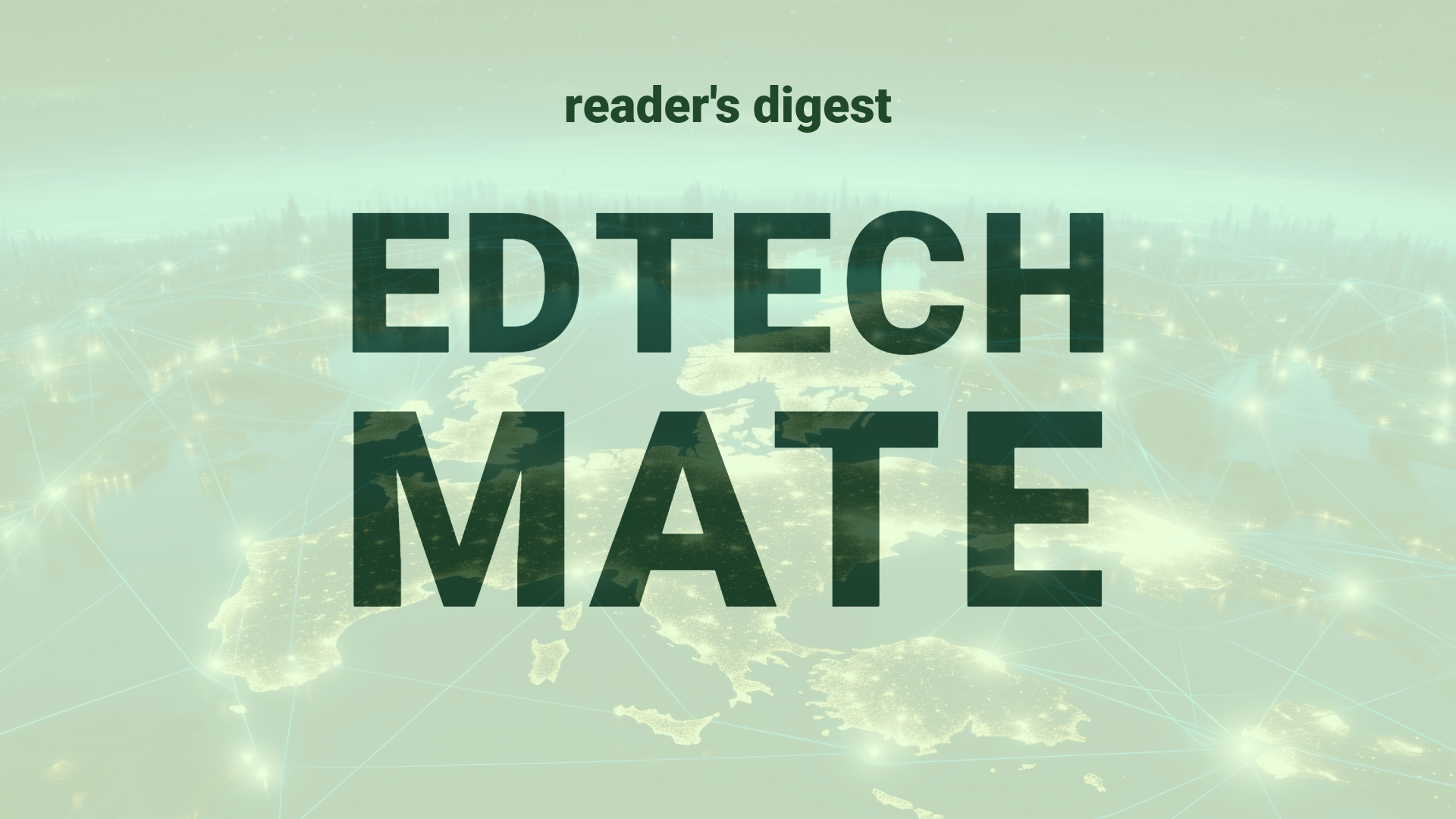Executive Summary and Main Points
The recent episode of HBR On Leadership features insights from Sid Sijbrandij, CEO of GitLab, highlighting the company’s expertise in managing a fully remote workforce distributed across over 60 countries. The discussion centers on pertinent themes such as leadership in remote settings, talent acquisition, effective onboarding strategies, maintenance of company culture, and fostering informal relationship building in a virtual environment. These insights encapsulate the adaptive innovation and trends that are shaping modern, remote workforces in a digitally transforming world.
Potential Impact in the Education Sector
GitLab’s approach to managing a dispersed workforce could significantly influence Further and Higher Education, and the development of Micro-credentials. Universities could adopt similar tactics to attract global talent, enhancing their international teaching and research capacities. These practices also open the door to strategic partnerships by leveraging seamless communication tools and digital platforms. By prioritizing digitalization, educational institutions could establish a robust culture of remote learning that redefines accessibility and inclusivity in a global context.
Potential Applicability in the Education Sector
Applications from GitLab’s playbooks, such as digital tools for talent management and AI-powered systems for effective communication, are promising in global education. University administrations could integrate these applications to streamline operations and improve student engagement. AI could assist in personalized learning experiences, virtual campus tours, and the automation of administrative tasks. The concepts of recruiting and onboarding shared by Sid Sijbrandij also highlight the necessity for universities to adapt to a world increasingly favoring remote interactions and collaborations.
Criticism and Potential Shortfalls
While embracing remote strategies offers myriad advantages, there are critical considerations and potential downfalls. One of the primary concerns is the challenge of fostering a cohesive organizational culture across diverse global landscapes. Comparative international case studies may reveal variances in effectiveness due to cultural and ethical factors, which may not align universally. Additionally, overly digitalized environments risk creating a disconnect and a sense of isolation, which can have detrimental impacts on the collaborative spirit essential in education.
Actionable Recommendations
International education leaders can explore the implementation of remote management strategies by fostering an educational ecosystem that prioritizes digital literacy and competency. Partnerships with ed-tech companies, similar to GitLab, could provide valuable insights and technology solutions tailored for higher education. Institutions should focus on developing comprehensive remote strategies that emphasize cultural sensitivity, inclusive digital policies, and AI ethics governance to ensure successful digital transformation that enhances the overall learning experience.
Source article: https://hbr.org/podcast/2024/06/how-gitlab-leads-its-fully-remote-workforce

